
The Geography of Pandemic Effects
The COVID-19 pandemic is transforming virtually every aspect of our lives.

The COVID-19 pandemic is transforming virtually every aspect of our lives.

A percepção dessas deficiências é um ponto de partida para a busca das soluções, segundo Robert Muggah, cofundador e diretor de Pesquisa e Inovação do Instituto Igarapé.
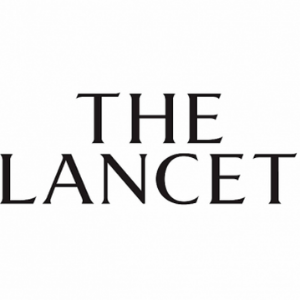
Robert Muggah’s book, Terra Incognita, received a positive review in The Lancet.
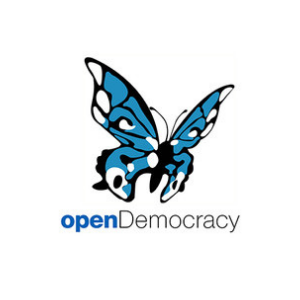
Bolsonaro’s administration is largely responsible for all of this chaos, which has killed 270,000 Brazilians.

When Brazilian President Jair Bolsonaro repeatedly downplayed the threat of COVID-19, Brazilians were understandably confused about the gravity of the pandemic.
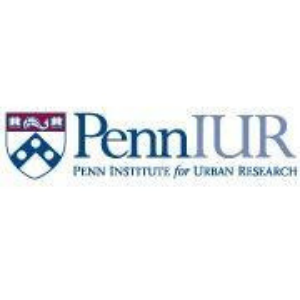
The COVID-19 pandemic could give rise to positive innovations in cities and a radical intolerance of the status quo

While the coronavirus pandemic is ravaging around the globe, we will continue to experience unprecedented urbanization in the coming decades.

Cities are the crucible of our civilisations

This is the startling observation made by authors Ian Goldin and Robert Muggah in the introduction to their fascinating new book, Terra Incognita
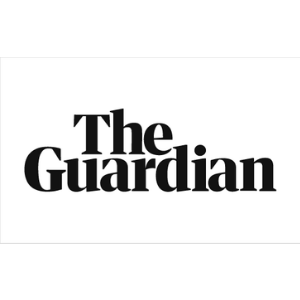
Maps are not just informative, they are empowering. They can help provide a new perspective to age-old problems

Around the world, responses to the first and second waves of the COVID-19 pandemic are understandably focused on reducing infections and fatalities.

The COVID-19 pandemic is a profoundly urban crisis. The vast majority of the millions of reported cases worldwide are concentrated in overcrowded neighbourhoods and informal settlements.
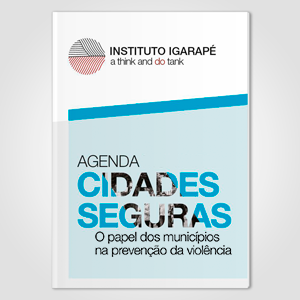
Instituto Igarapé apresenta nesta quarta-feira (30) a Agenda Cidades Seguras para ajudar a aprimorar essa discussão.
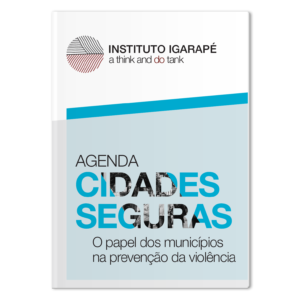
Instituto Igarapé lança “Agenda Cidades Seguras” com estratégias para prevenção da violência Você sabe qual é o papel de prefeitos e vereadores na segurança pública? Os serviços municipais estão ligados a diversas questões voltadas para as causas da violência. A “Agenda Cidades Seguras – O
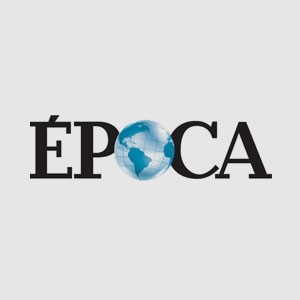
Na era digital, as cidades enfrentam oportunidades e desafios digitais.

One of the first countries to register a Covid-19 outbreak, South Korea, flattened the curve in stunning fashion. It registered over 22,000 cases, yet fewer than 400 deaths at the time of writing.

We can give people a better sense of what’s happening around them at a time of extreme confusion and a motivation to act. Because ultimately, the future is what we make it, says ‘Terra Incognita’ co-author Dr Robert Muggah.

Robert Muggah (apparently an old Scottish name, though he is Canadian) has set up two think-tanks in Brazil, where he is based: the SecDev Group focuses on the digital economy and cybersecurity.

Ninguna ciudad se ha salvado de la propagación letal del COVID-19.

As we show in our new book Terra Incognita, COVID-19 is exacerbating multiple forms of inequality within and between countries and cities, and raising fundamental questions about the future of urban living.

Brazil, a country in the world’s top 10 in population and GDP, is in the midst of three destructive crises.

EarthTime, the innovative data visualization technology developed by Carnegie Mellon University’s CREATE Lab, takes center stage in a new book addressing some of the greatest challenges facing mankind.

During the first half of 2020 when more than two-thirds of the world’s population was in lockdown, many of us were transfixed by a map.

As explained in my new book with Ian Goldin – Terra Incognita: 100 Maps to Survive the Next 100 Years – maps can help make sense of the world around us.

As eleições municipais são um momento crucial para que candidatos, candidatas e eleitorado mostrem que aprenderam as lições da Covid-19 e que estão prontos para repensar sua gestão.
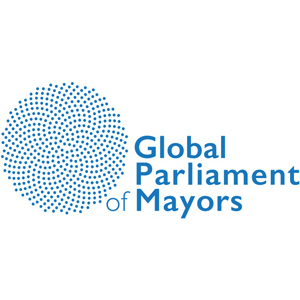
The COVID-19 pandemic is quietly and radically reconfiguring cities around the world. It has already brought several of the world’s global cities to their knees.

Desde a década de 1970, o número de brasileiros que moram em cidades ultrapassou aquele dos que moram em zona rural. Hoje o Brasil conta com uma taxa de 85% de população urbana, uma das maiores do mundo.

O privilégio de quem tem acesso à internet — e o distanciamento social é garantido apenas para a pequena parcela da população que vive em casas espaçosas

Ao mesmo tempo em que coloca em xeque o futuro dos “open offices” e, consequentemente, deve levar à revisão de políticas de mobilidade, a pandemia provocada pelo novo coronavírus não significa o fim da densidade populacional ou da forma como vivemos nos grandes centros urbanos no mundo.

The COVID-19 pandemic has brought some of the world’s wealthiest global cities to their knees. In the current epicentre, New York, roughly one-fifth of all residents are infected and more than 20,000 have died.

The Igarapé Institute uses cookies and other similar technologies to improve your experience, in accordance with our Privacy Policy and our Terms of Use, and by continuing to browse, you agree to these conditions.

O Instituto Igarapé utiliza cookies e outras tecnologias semelhantes para melhorar a sua experiência, de acordo com a nossa Política de Privacidade e nossos Termos de Uso e, ao continuar navegando, você concorda com essas condições.

